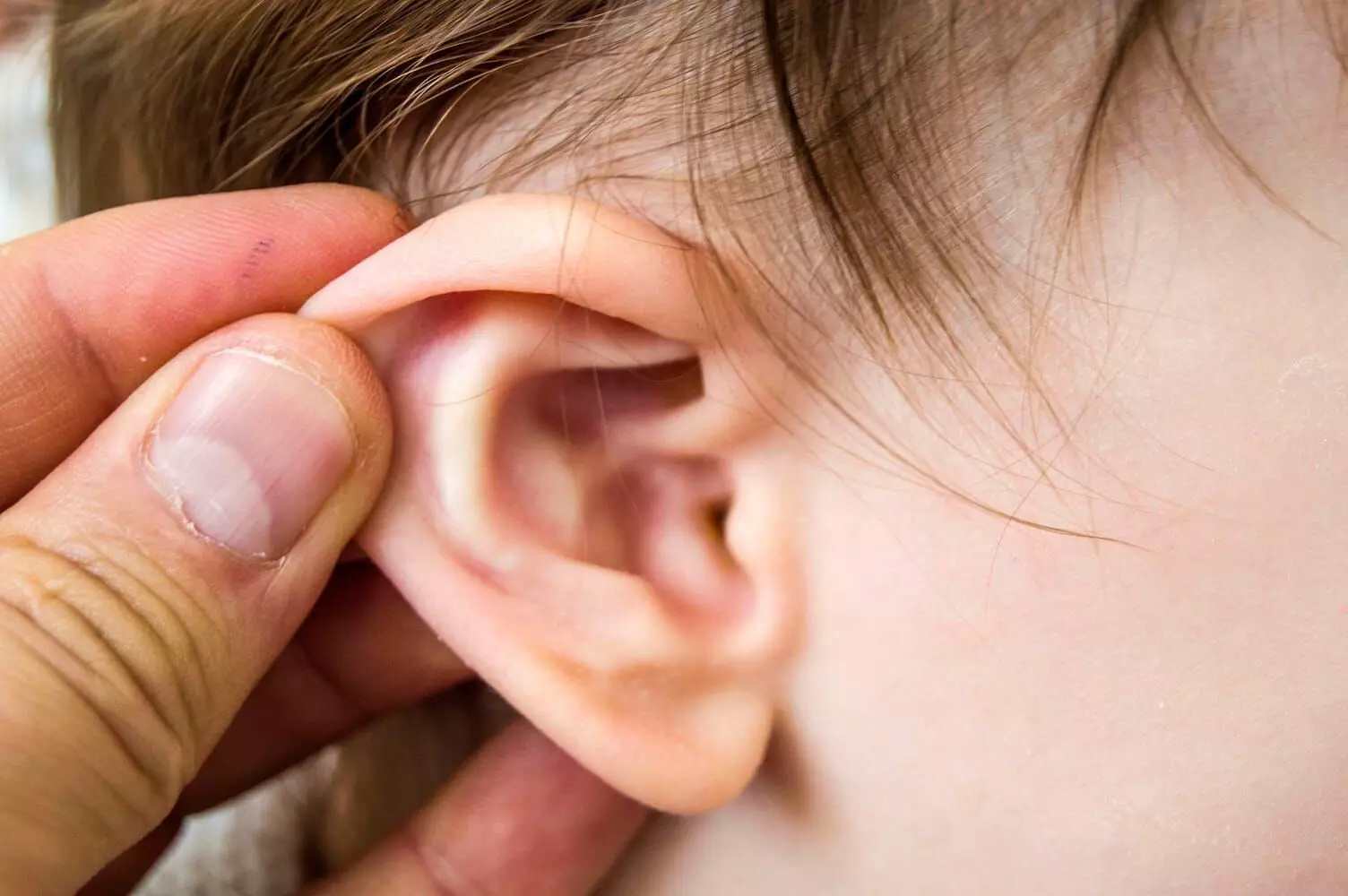Doctor speaks: How to prevent, treat acute ear infections in children
Breastfeeding infants for at least the first six months has been linked to a reduced risk of ear infections
By Sulogna Mehta
Hyderabad: It’s not uncommon to find children complaining about ear pain. Acute ear infections, also known as acute otitis media (AOM), are common childhood ailments characterized by inflammation and infection of the middle ear. These infections often result from bacterial or viral agents and can cause discomfort and pain for children.
Dr T V Vijay Kumar, consultant neonatologist and paediatrician, at Ankura Hospital for Women and Children, elaborates on the various preventive measures and treatment options that can help manage and alleviate the symptoms associated with acute ear infections.
“Acute ear infections are a common childhood ailment that can cause discomfort and distress for both children and their doctors. However, with proper prevention measures and timely treatment, the impact of these infections can be minimized. By promoting good hygiene, adhering to vaccination schedules, and seeking appropriate medical care when needed, parents and doctors can help safeguard children against the risk of acute ear infections and support their overall health and well-being,” said Dr Vijay Kumar.
Preventive measures and treatment
Breastfeeding: Breastfeeding infants for at least the first six months has been linked to a reduced risk of ear infections. Breast milk contains antibodies that help bolster the baby’s immune system, potentially reducing the likelihood of infections.
Avoid Passive Smoking: Exposure to passive smoking increases the risk of ear infections in children. Parents should make efforts to keep children away from environments where smoking occurs.
Vaccinations: Following the recommended vaccination schedule can help prevent certain infections that may lead to acute ear infections. Vaccines such as the pneumococcal conjugate vaccine (PCV) and the influenza vaccine can significantly reduce the risk of ear infections caused by specific pathogens.
Promote Good Hygiene: Encouraging children to practice good hygiene, such as regular hand-washing, can help minimize the spread of infections that may contribute to ear infections.
Limiting Pacifier Use: Prolonged use of pacifiers is associated with an increased risk of ear infection. Limiting the use of pacifiers, especially during sleep, may help reduce this risk.
Don’t self-medicate, follow treatment protocol
Complete the course of antibiotics: In cases where the ear infection is bacterial and severe, a doctor may prescribe antibiotics. It is essential to complete the full course of antibiotics as prescribed, even if symptoms improve before the medication is finished.
Pain Management: Over-the-counter pain relievers such as acetaminophen or ibuprofen can help alleviate discomfort associated with ear infections. Follow the recommended dosage based on the child’s age and weight.
Ear Drops: Ear drops containing analgesics or antibiotics may be prescribed to help alleviate pain and combat the infection directly in the affected ear.
Warm Compresses: Applying a warm, moist compress to the affected ear can provide temporary relief from pain and help reduce inflammation.
Rest and Fluids: Encourage the child to rest and stay hydrated to support their immune system as they recover from the infection.
Observation: In some cases, particularly with mild infections and in older children, doctors may recommend a period of observation without immediate antibiotic treatment, as many ear infections resolve on their own without complications.
Surgical Intervention: In rare cases of recurrent or severe ear infections, surgical procedures such as tympanostomy tube insertion may be considered. These tubes help ventilate the middle ear and prevent fluid buildup, reducing the risk of future infections.